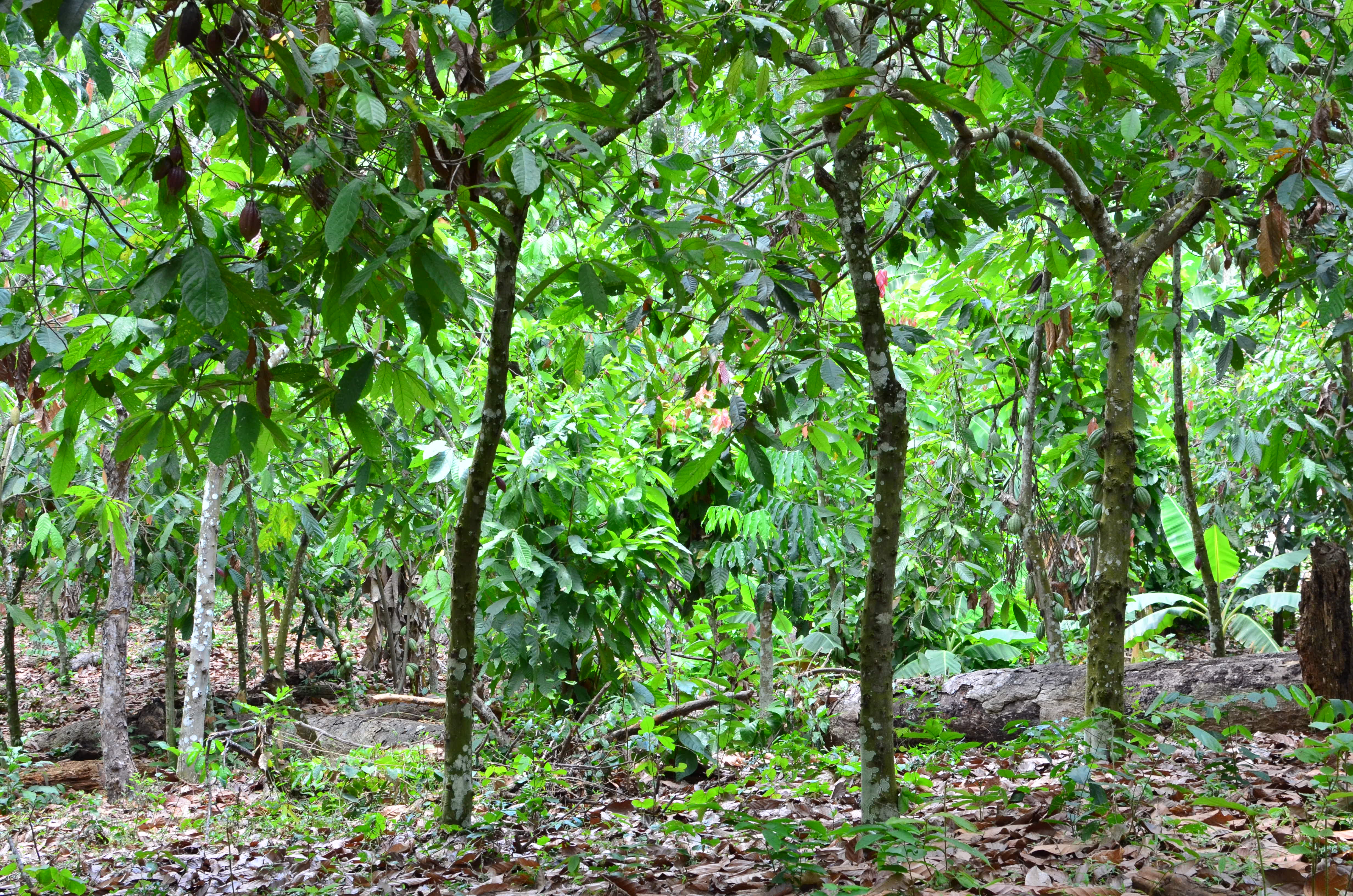Presentation of the EU Regulation on Deforestation-free Products (EUDR)
The European Union Regulation on Deforestation-free Products (EUDR) is a European initiative to limit the environmental impact of global supply chains by prohibiting the entry into the European market of certain agricultural products linked to illegal deforestation and forest degradation. According to research conducted by Pendrill et al (2020), “seven commodities are responsible for most deforestation: oil palm (34.0%), soybeans (32.8%), timber (8.6%), cocoa (7.5%), coffee (7.0%), cattle (5.0%) and rubber (3.4%)”.
In 2023, the European Parliament and the Council of the European Union therefore adopted the EUDR, a process that began in 2020. This regulation, which aims to create a “zero deforestation” market in Europe and around the world, prohibits the placing on the market or export from the EU market of products that have contributed to deforestation or forest degradation after 31 December 2020.
This regulation was supposed to take effect from 1 January 2025, but in October 2024, the Commission proposed a 12 months delay before the entering into force of the EUDR. If approved by the European Parliament and the Council, the Regulation would become applicable on 30 December 2025 for large enterprises and on 30 June 2026 for micro and small enterprises.
In a press release published on its website, the Commission says that “an additional 12 months to set up the system is a balanced solution that will help operators around the world ensure a smooth implementation from the start”.
In other words, as soon as this regulation comes into force, all oil palm, soya, timber, cocoa, coffee, cattle and rubber that enter the European Union must have documents proving that its production has complied with certain environmental standards, including deforestation.
Implications for Cameroon’s cocoa farmers
For cocoa farmers in Cameroon, the EUDR represents both a challenge and an opportunity. On the one hand, they must adapt their agricultural practices to meet the new requirements of sustainability. This could require investments in environmentally friendly cultivation techniques, as well as efforts to obtain sustainability certifications.
Producers could also face additional costs related to the establishment of traceability and control systems. On the other hand, the implementation of the EUDR could open up new market prospects.
Producers who can prove that their cocoa is sustainable and deforestation-free can benefit from better access to European markets, where demand for ethical and sustainable products is rising sharply.
In Cameroon, the Sustainable Cocoa Committee was created with the mission to lead consultations with public partners, the private sector, technical and financial partners and the civil society involved in the cocoa value chain. This is aimed at implementing the commitments made by Cameroon in terms of sustainable cocoa production and marketing. The 2023-2025 National Action Plan of the Committee takes into consideration the European Union Sustainable Cocoa Initiative (SCI) Cocoa Actions.
Initially, there were the Cocoa Talks, which are multi-stakeholder dialogues between the European Union and the national parties. These Cocoa Talks took place from November 2021 to June 2023 and led to the development of six themes: prices, traceability, agroforestry and sustainable practices, forest cover monitoring, child labor and national standards. These themes resulted in the development of 13 recommendations that were translated into actions, later called Cocoa Actions. All Cocoa Actions are funded by the European Union to support the Sustainable Cocoa Committee in Cameroon.
In this interview, Aurélien Goufack, Technical Advisor of the Sustainable Cocoa Initiative (SCI) Support Program at GIZ, discusses the actions developed by GIZ with funding from the European Union and the impacts of these actions on cocoa producers in Cameroon.
Question: Can we revisit the key activities carried out by GIZ to support the Sustainable Cocoa Committee in Cameroon?
Aurélien Goufack: Under the funding from the European Union, GIZ is implementing four actions:
the identification of producers and geolocation, the digitization of commercial data from NCCB, the development of an agroforestry manual, and raising awareness among producers about the EUDR.
Question: What can producers expect from these activities ?
Aurélien Goufack: We are working to regulate the sector at the national level and among stakeholders.
Regarding producers, our mandate is to identify 22,700 producers and their plots. That is to say, we identify the producers, geolocate their plots, and the data is made available to the Interprofessional Council of Cocoa and Coffee (CICC) to facilitate operations. This is a direct benefit for the producers. We are also developing an agroforestry manual to harmonize cocoa production under the agroforestry system.
We have created an image box to facilitate awareness among producers about the new European Union regulation. At the institutional level, we are developing the digitization of production files for the cocoa sector through support to the NCCB, the regulator of the sector. We are collaborating with various national and international actors to establish a unique production and agroforestry system in the Congo Basin.
- Anne Nzouankeu


